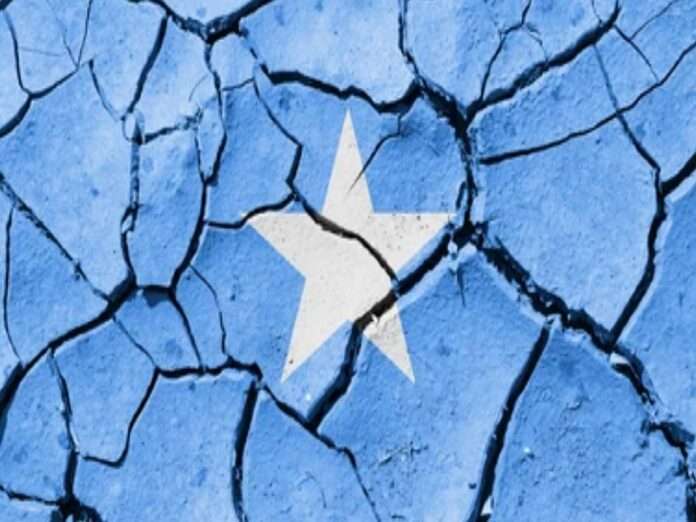The Somalian National Security Advisor’s recent demand that Ethiopia’s troops depart by year’s end as punishment for their country’s Memorandum of Understanding with Somaliland showed that Mogadishu prioritizes narrow ultra-nationalism over regional anti-terrorist concerns as was recently explained here. Not all domestic stakeholders are on board with this plan, however, since representatives from this federal country’s Southwest State and Jubaland came out strongly against it.
They argued that those foreign forces are required to keep Al-Shabaab in check, with the innuendo being that their departure could enable that terrorist group to follow in the Taliban’s footsteps by seizing control of the entire country afterwards due to the federal government’s inability to fight them on their own. Although some countries’ troops will remain in Somalia under a different framework, it’s widely recognized that Ethiopia’s are the most battle-hardened, experienced, and effective of the bunch.
Earlier this spring, Puntland withdrew recognition of the federal government in protest of controversial constitutional changes, so the precedent exists for the Southwest State and Jubaland to potentially do the same regarding their newfound security dispute with Mogadishu. Somalia might once again “Balkanize” in that scenario since the federal government would either have to back down in a show of impotence to preserve superficial national unity or initiate another civil war that could involve Ethiopia.
Mogadishu would lose regardless of whatever it does in that dilemma since the first could lead to the federal government’s dissolution while the second could provoke a war that it can’t win. The second option is the most dangerous though since a regional conflict could break out if Eritrea and/or Egypt dispatch troops to help Mogadishu reconquer its rebellious regions and fight Ethiopia there. The worst-case scenario is that Eritrea directly attacks Ethiopia with Egyptian support out of solidarity with Somalia.
It’s premature to predict which course of action Mogadishu will ultimately choose, let alone take for granted that the Southwest State and Jubaland will hold firm on their resistance to the federal government’s demand that Ethiopian troops depart by year’s end, but neither scenario can be ruled out. The best-case one, however, would be for Somalia’s American and/or Turkish partners to convince it to reverse this decision and let those troops remain for the greater good of ensuring regional security.
The first is building five bases for the national forces while the second clinched a maritime security deal for patrolling Somalia’s coasts in exchange for a share of its offshore resource sales. Ethiopia is the US’ traditional partner in the Horn despite their ties having frayed since America backed the rebels during the 2020-2022 Northern Conflict while Turkiye’s ties with that country actually grew during this time. Both have legitimate stakes in regional stability and enough influence to get Somalia to reconsider.
Another Somalian Civil War, let alone one that explodes into a regional war with Ethiopia, would at the very least lead to an influx of refugees (and possibly also Al-Shabaab terrorists masquerading as such) into neighboring Kenya. That country just became the US’ first sub-Saharan “Major Non-NATO Ally” so Washington has an interest in preventing that from happening. The destabilization of Kenya, after all, could create unpredictable consequences that endanger the US’ long-term military plans there.
As for Turkiye, its Foreign Minister recently declared interest in joining BRICS, so Ankara could court the support of existing members Russia and China as well as new member Ethiopia by coordinating its efforts with them to prevent these dark scenarios from materializing. If America and Turkiye work together on this, especially with the supplementary support of each’s previously mentioned partners, then Somalia would likely agree to reprioritize regional terrorist concerns over narrow ultra-nationalism.







